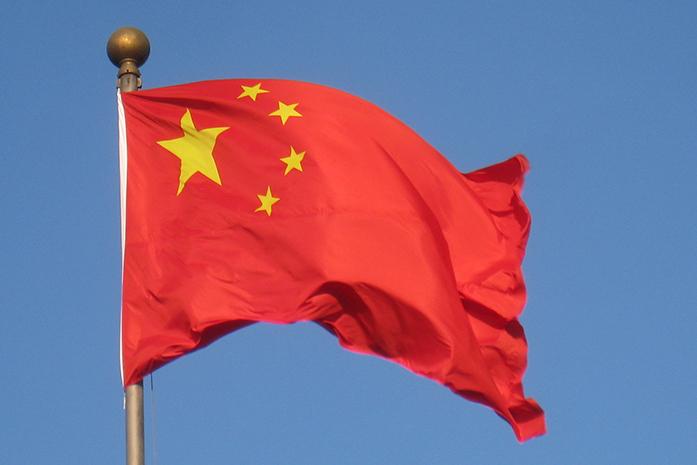Jace Brady
As it stands now, China has a population of 1.35 billion people, about four times the population of the United States. For decades, China has curbed its potentially unsustainable population growth with its infamous “one child” policy. As the name suggests, Chinese families were limited to one child, which led to a cultural and biological quandary for a society that favors male heirs when nature only obliges 50 percent of the time.This meant that countless female children were often put up for adoption, shipped to other Asian countries as wives, or otherwise disposed of. If a family accidently, or intentionally, became pregnant a second time the government often intervened with forced abortions. This policy quickly led to a human-rights and demographic bind for the Chinese government, which last week was unbound as China lifted its “one child” policy.
China made this decision under mounting pressure from an aging population and, to a lesser extent; an imbalance of sex that predicts millions of Chinese men will never find wives. Human-rights activists were also overjoyed by the change in policy that will bring an end to countless human rights violations. While this policy shift may cure China’s demographic ailments by increasing the number of workers per retiree, it will likely have detrimental effects to the sustainability of the Chinese communist government.
As the world becomes more connected and China’s economy begins to lift millions out of poverty, people will begin to demand more rights. Information from the outside world will begin to pour into the most rural areas of China and the government has just increased the size of the population that it will potentially have to subdue as the populace’s stirrings for freedom intensify. Furthermore, as the population increases, resources from the government will have to be spread thinner as the government insists on “providing” necessities to its citizens. Necessities will become luxuries, and the disgruntlement of a people deprived will lead to a demand for new government.
A transition in China from communism to democracy is largely inevitable as they allow their people more freedoms. Many decisions made by the Chinese government seem to suggest officials have accepted their impending demise, however, the world must be ready to react if this trend were ever to reverse. Insecure totalitarian governments have a tendency to act out violently and irrationally and mounting pressure from an unsustainable population may spur such actions. The end of the “one child” policy in China is certainly a victory for the world, but we must not become complacent in our interactions with a country that still inhibits many natural rights of its people.










